Indigenous voice Yes campaign ‘obsessed’ with misinformation, failed to engage debate: lawyers
Prominent lawyers condemn claims a misinformation bill could have helped secure a voice victory, with one supporter alleging the Yes side pushed untruths.
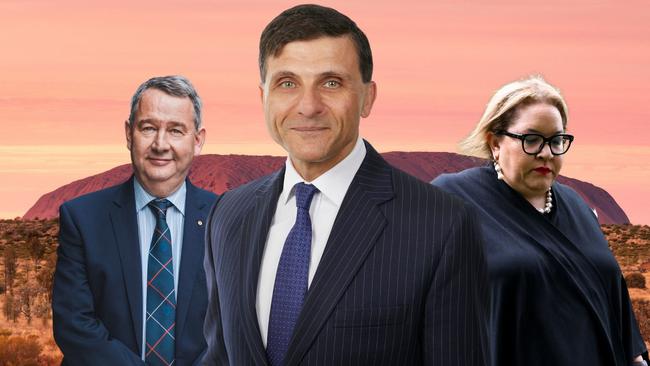
Prominent lawyers and staunch Indigenous voice advocates have condemned Megan Davis’s claims that a misinformation bill could have helped secure a Yes victory, with one leading supporter asserting that the Yes campaign became “obsessed” with critics’ misleading narratives while also spreading untruths themselves.
Constitutional lawyer Greg Craven, a vocal supporter of the voice and member of the referendum working group, told The Australian the Yes campaign were also complicit in spreading disinformation in the lead up to the referendum, including claims surrounding the inclusion of executive government in the proposal.
Meanwhile prominent silk Arthur Moses SC said that the referendum failed due to the government’s lack of detail, not misinformation, and said Labor’s bill in its current form would shut down “legitimate expressions of opinions” and be “counter-productive” for voters.
Their comments come after Professor Davis, one of the Voice to parliament architects, in a lecture at the University of NSW called for misinformation legislation to protect a future referendum from an onslaught of lies and distortions, following the defeat of the Yes campaign in October last year.
Mr Craven said during the campaign he engaged in private conversations trying to have leading Yes advocates to engage in meaningful discussions rather than characterising opposing arguments as misinformation.
“Large swathes of the Yes campaign were obsessed with the idea of misinformation and disinformation and would characterise any contrary argument as misinformation or disinformation,” he said.
“So arguments on the no case were not simply wrong or to be argued against, they fell into this category of misinformation or disinformation which meant they should be effectively banned from the referendum.”
“That was a huge worry and it was a worry that I consistently raised in private meetings – that you can't run a referendum campaign if all you can do is say that the other side is lying.”
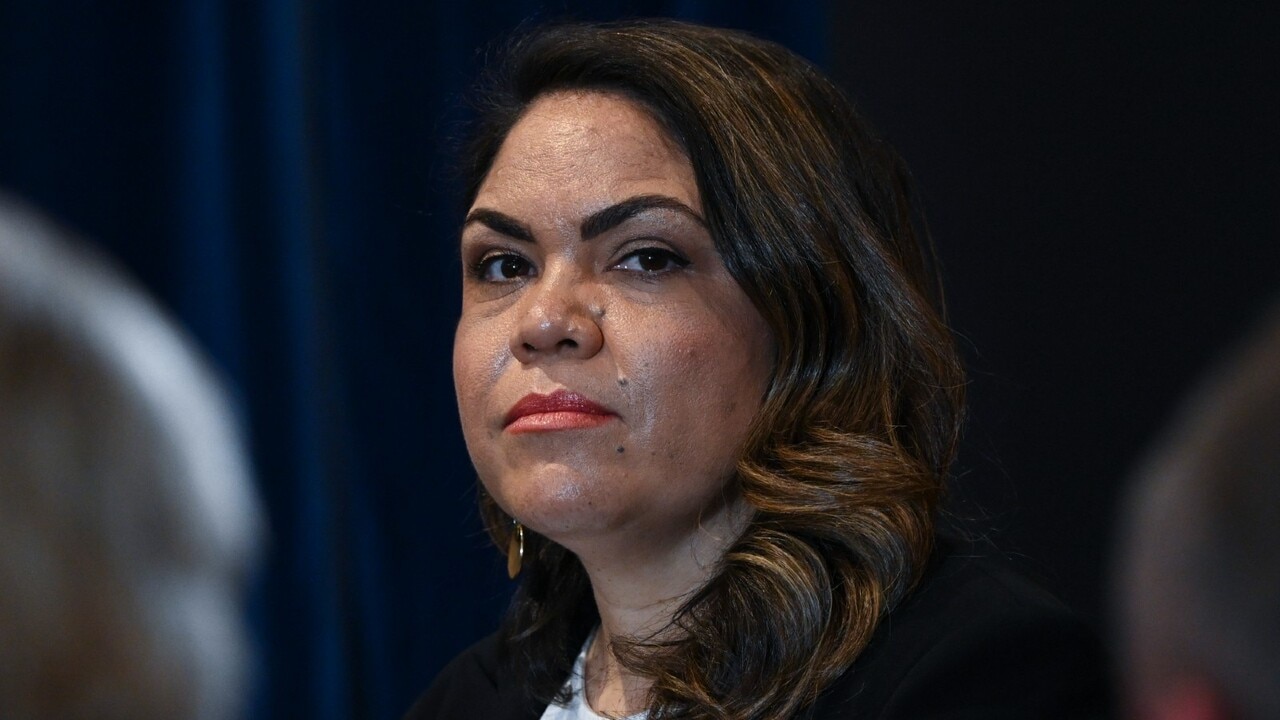
Mr Craven said it was incredibly important to draw a distinction between disinformation – something that is fundamentally and knowingly untrue – and misinformation, which is something that happens to be wrong, but the person saying it believes it to be true.
“The example of something that is disinformation on the No side would be that the voice would be a third House of Parliament,” he said. “There’s simply no way that’s true. However, if you ran the line that having a voice would divide Australia on the grounds of race, I fundamentally disagree with that, I think it’s utter nonsense and it’s wrong. But I think there were thousands and thousands of people saying that who were not for a single moment trying to deceive anyone. That was just their view.”
He said while there were some “big examples” of disinformation on the No side, the Yes side also pushed some untruths.
“For example, the idea that the having the words executive in were no problem, and that the executive would never be shanghaied into major decisions by the voice, because the drafting was perfect,” he said.
“I think that verged on disinformation. You can tell that because at different times, different people on the Yes case, notably including Megan (Davis) were saying totally contradictory things.
“When they wanted the voice to be powerful, they could say it would do lots of things. But when they wanted to reassure people that it wouldn’t be too powerful, they would say it was going to be very, very weak.”
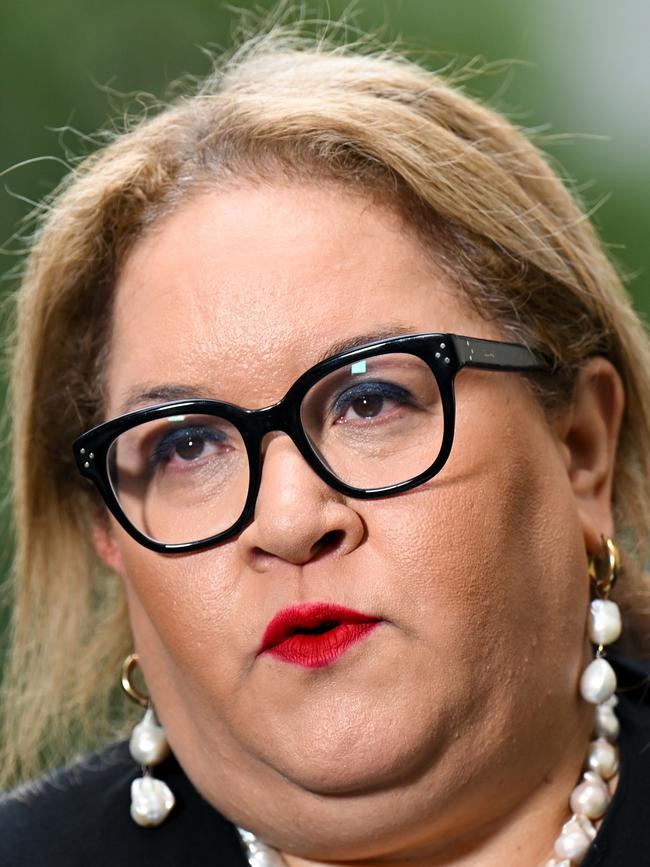
The Albanese government’s revamped misinformation bill, which will empower the Australian Communications and Media Authority to fine tech giants millions of dollars for false content it deems harmful, has been widely panned by human rights groups, religious groups, the Coalition and other advocates of free speech.
Mr Craven criticised the bill more broadly, saying “the idea that you could have any sort of public authority, simply declaring that something is misinformation or disinformation is a real concern”.
“The idea that every time someone disagrees with you, if you happen to have the power in the area, you can shut them down,” he said. “I think that’s a huge concern.”
Mr Moses, a former president of the Law Council and the NSW Bar Association, said that seeking to restrain the freedom of speech of Australians “will not win their vote but will be counter-productive”.
“I disagree with Professor Davis and I am profoundly disappointed that such proposals are being advanced,” he said.
“I was an advocate for the Voice referendum but I believe that we have to respect the judgment of the Australian public and not advance excuses as to why the referendum failed which seek to blame the No campaign.
“The reason the referendum failed was not because of misinformation but because there was not sufficient detail about the proposal. That is a simple and undeniable fact.”
But Mr Moses said rather than advocating on having laws passed that “seek to restrain the freedom of speech on this issue” the focus should be on “details with advocacy that wins the contest of ideas”.
“That is the very stuff of a democracy. Australians are smart and compassionate. If you present Australians with the facts and advance your case with respect for their wisdom they will listen and come with you on the journey,” he said.
“Australians do not like to be lectured to by anyone. They appreciate dialogue and debates. Seeking to restrain freedom of speech will not win their vote but will be counter-productive.”
Mr Moses said the misinformation bill “misses the target” and there was “legitimate concern” it “could be weaponised to shut down debate on matters of public importance”.


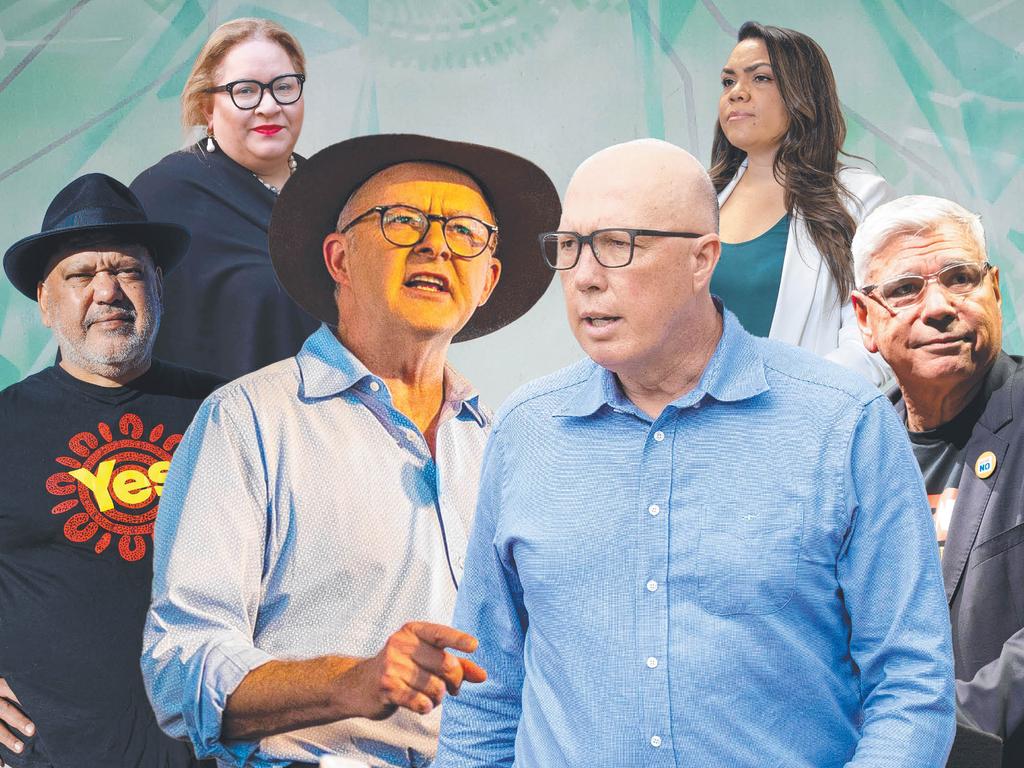

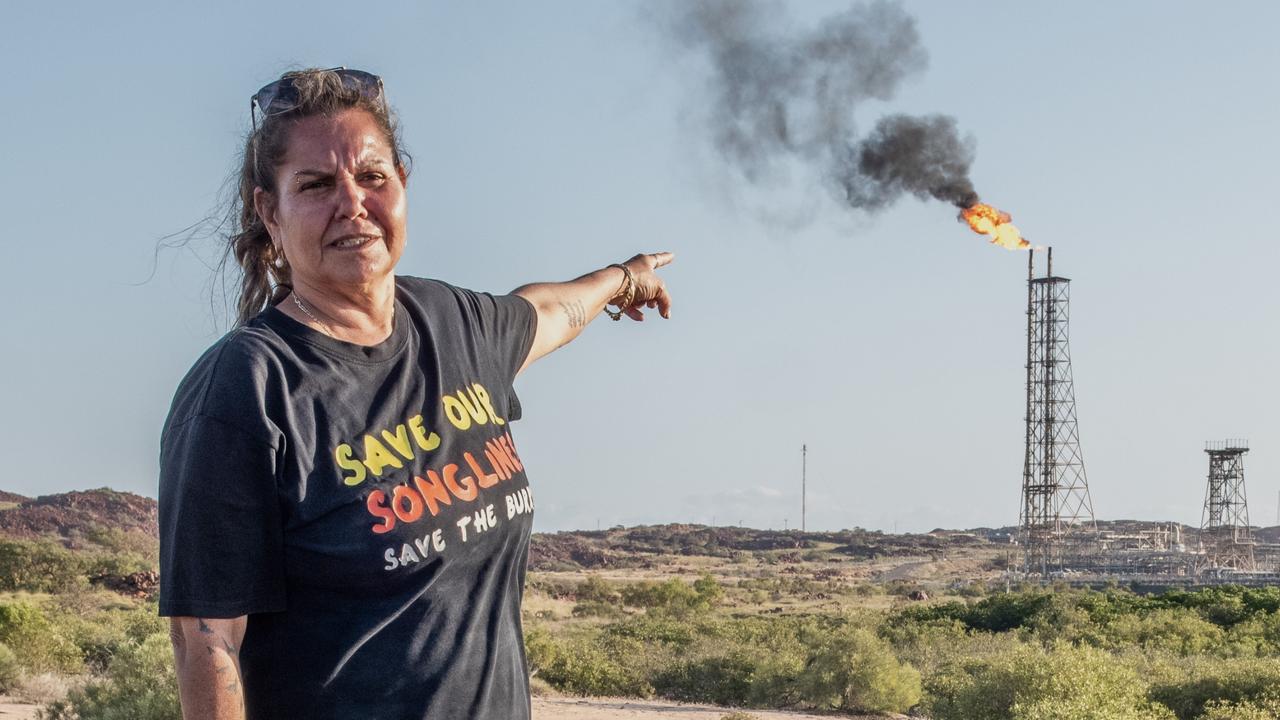
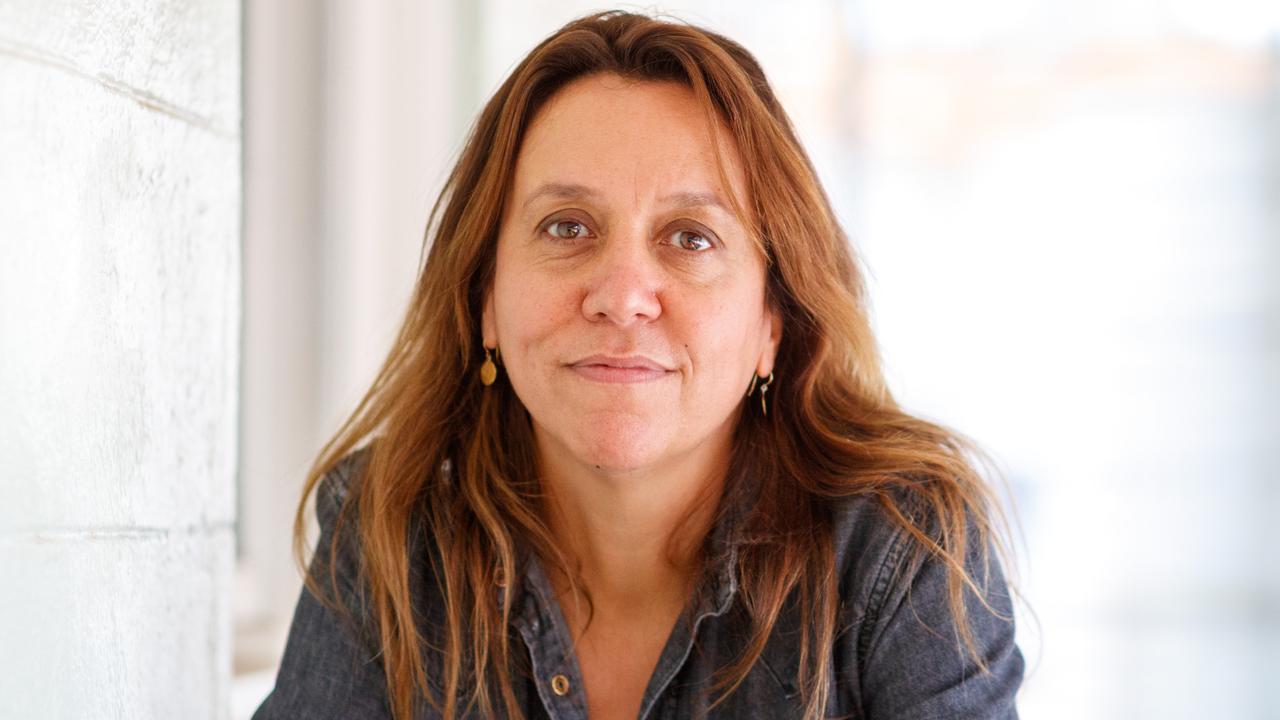
To join the conversation, please log in. Don't have an account? Register
Join the conversation, you are commenting as Logout